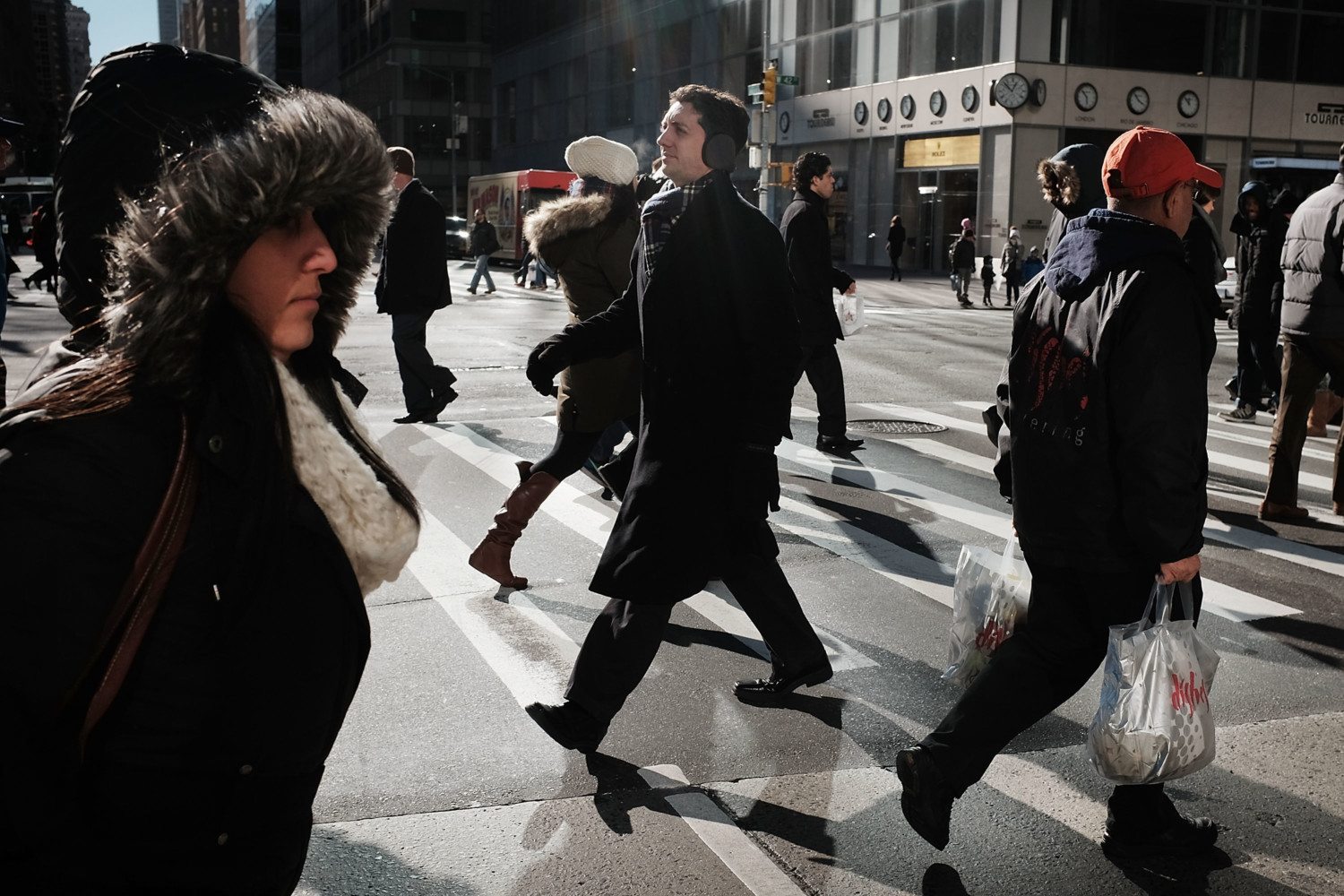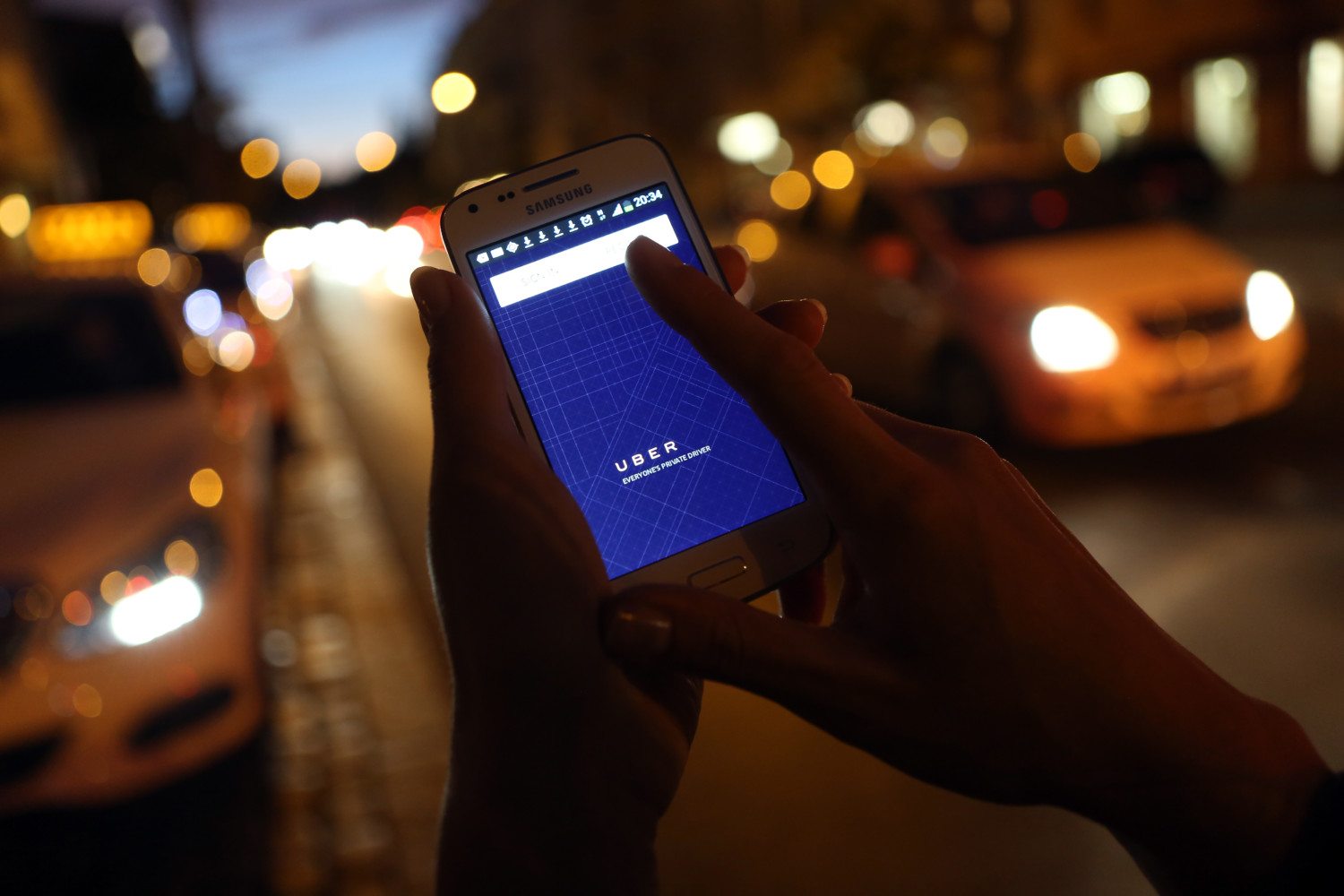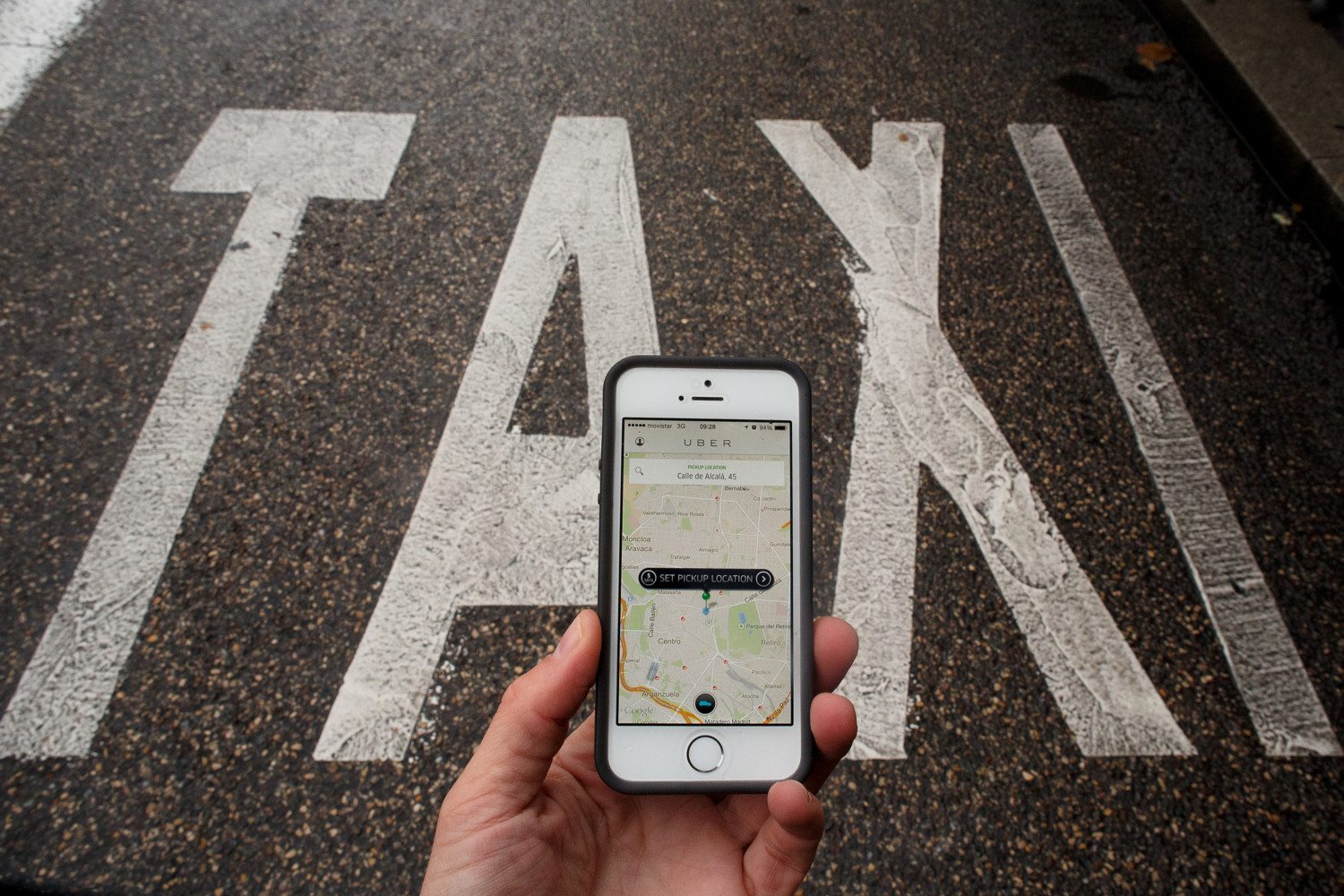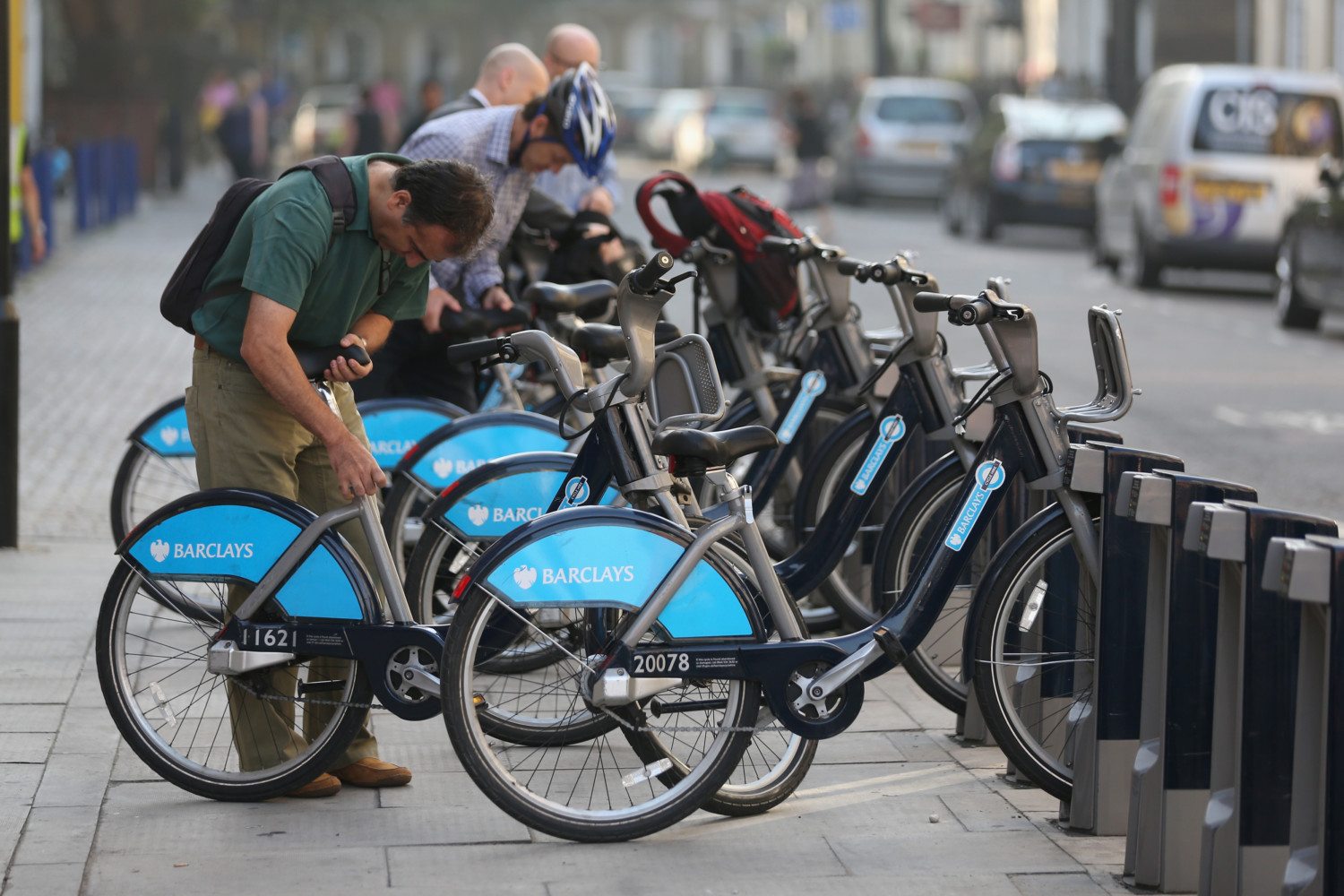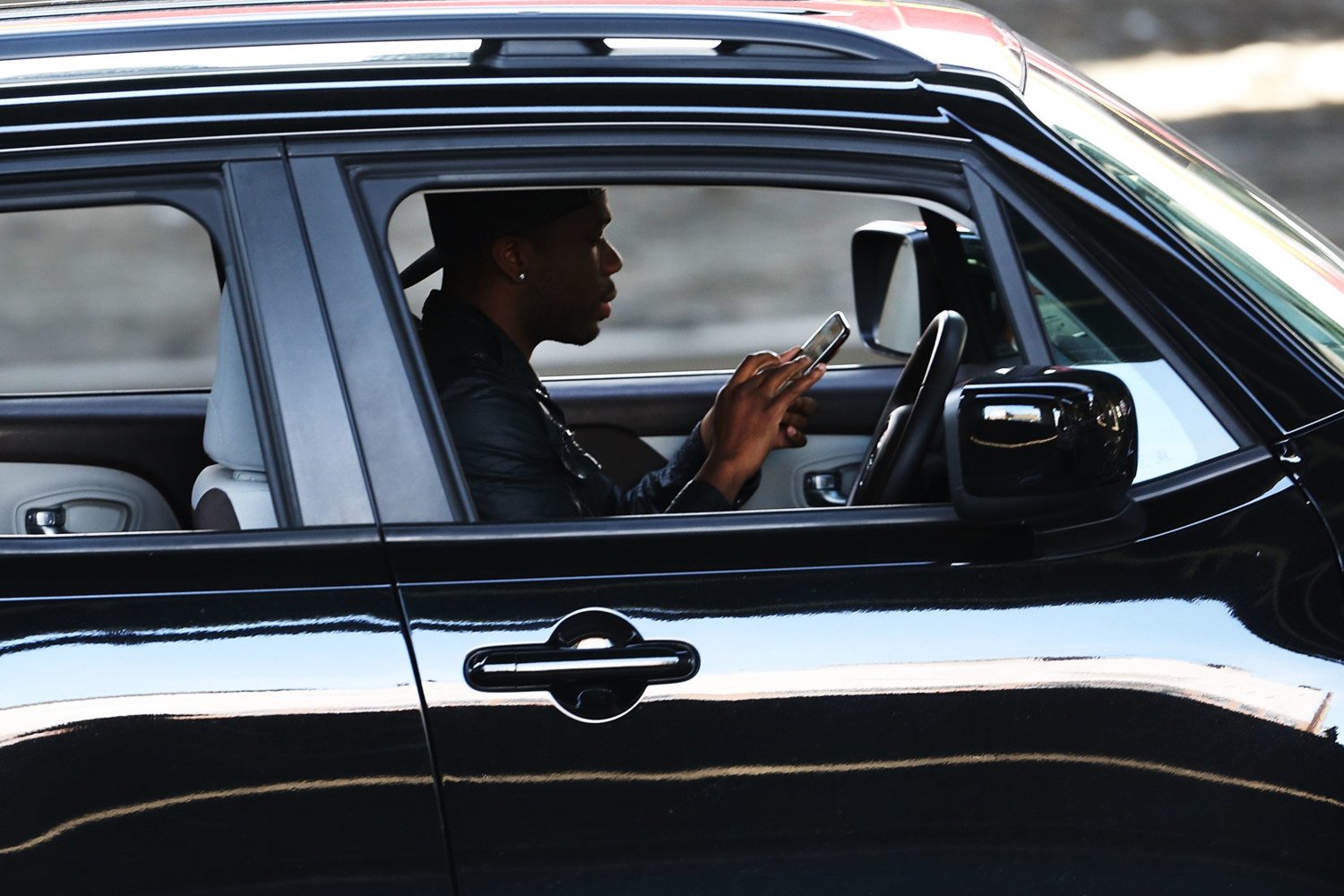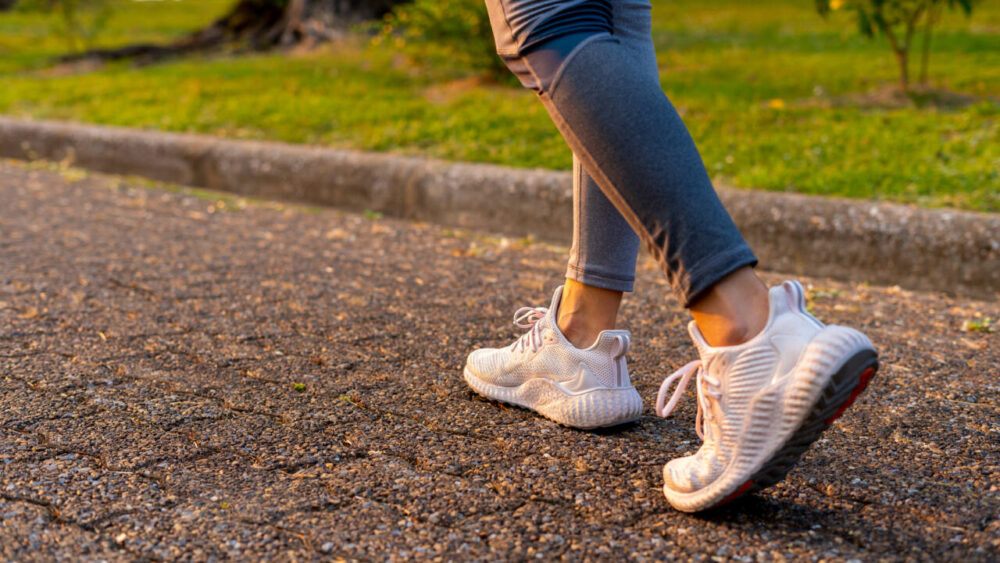What It’s Like Not Owning A Bike Or Car: A First-Hand Perspective
After I swipe right on Tinder, I try and meet the lady at her favorite place. We exchange pleasantries, I make her laugh, she has witty replies, and we have a good time.
My favorite part of a date is when I get to tell her about my hometown. Most of the women I’m dating in Denver are city folk. When they meet a country dude like me, they have no clue what it’s like living in a small town. It’s fun telling people that any grocery store (shoutout to Hy-Vee and Aldi’s) was 20 miles away from my house. The only way you get there is if you have your own car.
If you don’t have a car or a reliable mode of transportation in rural areas, you will die. Seriously. You can’t eat when your town of 900 people doesn’t have a restaurant or grocery store.
But in the city? I can eat and drink anywhere. And most of those places are within walking distance from my apartment (shoutout to McDonald’s).
With my most basic needs met within walking distance, who needs a car? Or a bike, for that matter?
Here are the lessons I’ve learned for the year I’ve lived without my own car and the six months since my bike was stolen (don’t cry over the bike—it was garbage).
1. You Pay For Every Trip
Ownership is a tricky subject. Most people use ownership as a way to promote their social status to the rest of the world. Once we’ve shared our new house or car on Facebook, we have to justify our costs by using that item as much as we can. That way, for every interaction with that item, it costs less to use it each time.
For instance, you buy a $2,000 treadmill. If you’re smart, you’ll use it regularly to justify the cost of the treadmill. If you use it 100 times a year, and it breaks down after five years, that means you paid only $4 for each run on the treadmill. Not a bad investment.
But we all know that treadmill is sitting and collecting dust in most American’s basements. If you only used the treadmill twice, you paid $1,000 for each run on the treadmill.
Now, with every trip I take inside a vehicle, I’m paying for the trip at that moment. Most car trips cost between $5 and $15. In addition to Uber, I also use Car2Go, which gives you a smart car that lets you drive and park within their defined limits, and Turo, which lets you rent a stranger’s car for longer trips—think Avis or Enterprise, but using your friend’s car instead. I also use public transportation.
As for biking, Denver has this program called B-Cycle. It’s a bunch of red bikes locked up at different stations, and for a few bucks a month, you can ride those bikes to any other station. Not only is this a cheap way to get around, but you get exercise at the same time.
2. Your Wallet Loves You
Because you’re paying for each trip, you don’t have to pay for car insurance or gas or nice rims—or the car itself. Sure, the car insurance and gas and driver costs are calculated every time I jump into an Uber or Car2Go, but it’s only a fraction of what I’d have to pay if I owned a vehicle.
3. You Appreciate Time More
Instead of running out the door, you have to be patient and wait for the car to arrive to you. And if you’re using public transit or walking three miles to your destination, you can relax knowing it’s going to take you some time to get there. You’re not focused on driving somewhere as quickly as you possibly can, wondering why that person cut in front of you. Instead of flipping the bird at others, you can flip your mind and explore the world differently.
4. You Can Offer Rides To The Airport
Step 1: Listen for one of your friends to say they’re going away for the weekend/holiday/bar mitzvah in a different state or country.
Step 2: Offer to give them a ride to the airport.
Step 3: Your friends say, “Wow, what a great idea! Thank you! That’ll really save me some money!”
Step 4: You say, “You’re welcome. Anytime.”
Step 5: Let them come to the realization: “Hey, wait a second, you don’t have a car. Why don’t you take ours while we’re gone?”
Now you have a free car to use while they are away (if your friends are generous and willing).
5. Thieves Can’t Steal Something You Don’t Have
I keep my invisible car and bike unlocked at all times, and I never have to worry about them being stolen or damaged.
While these tips may not apply everywhere, chances are we could all rely on our cars just a little bit less. What do you think?


